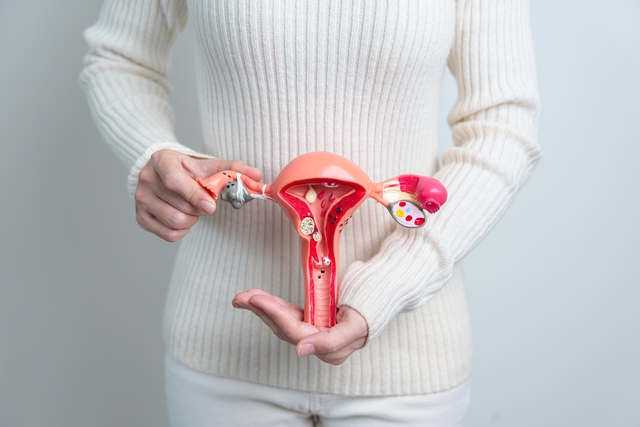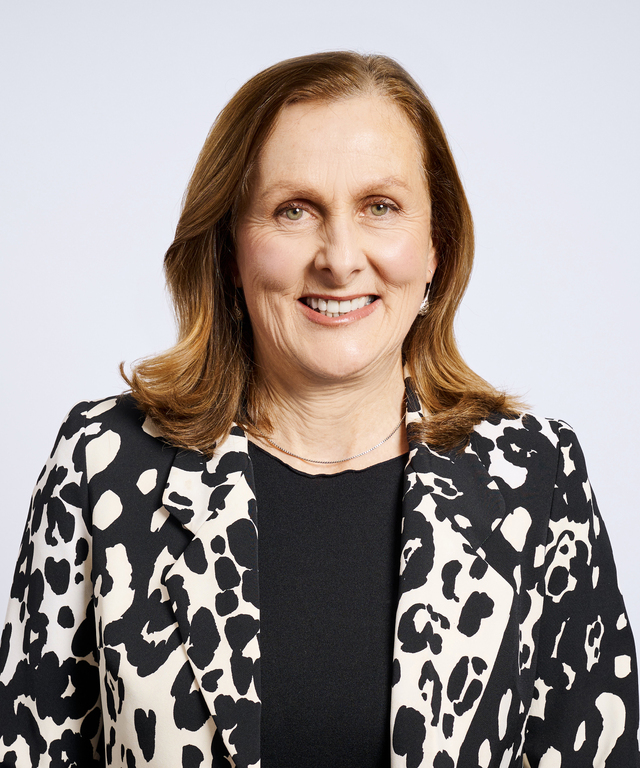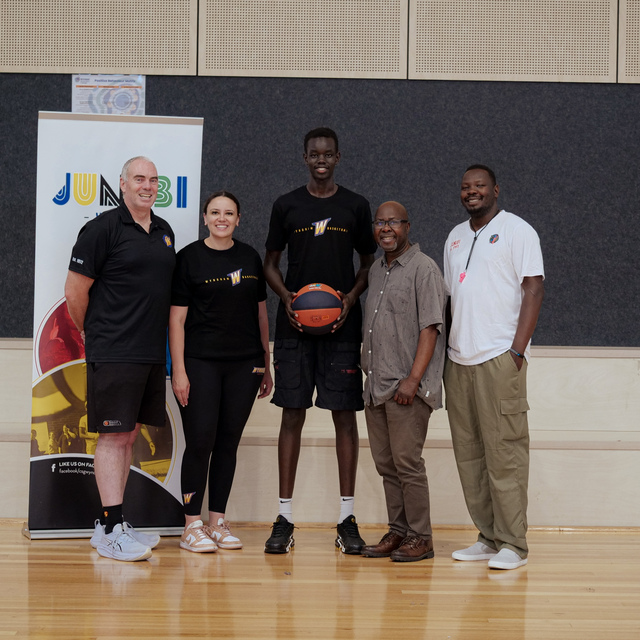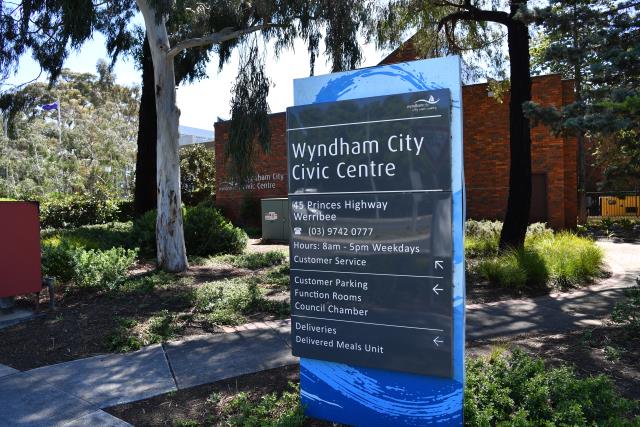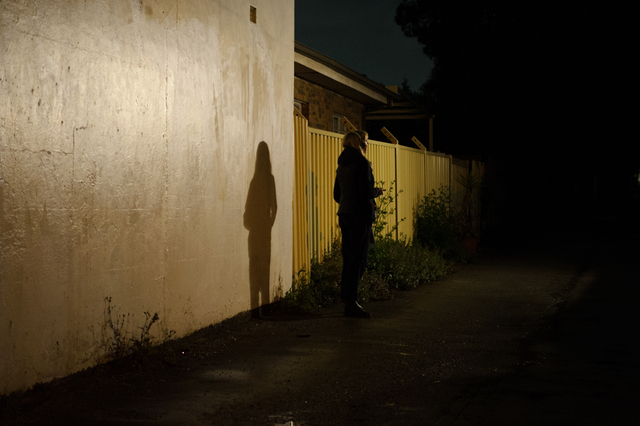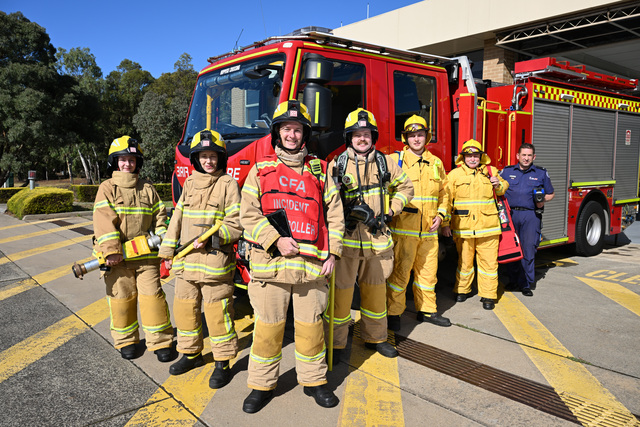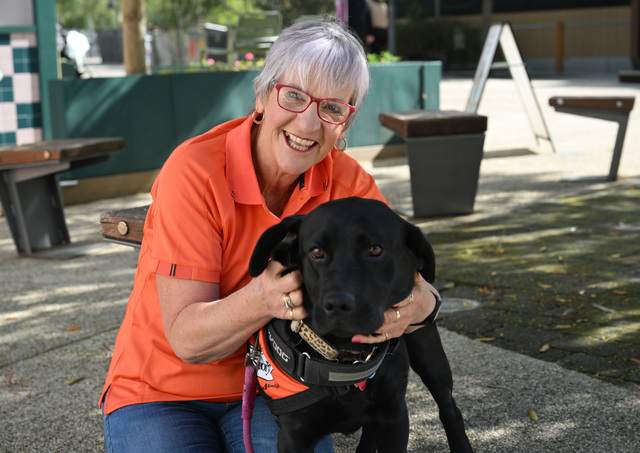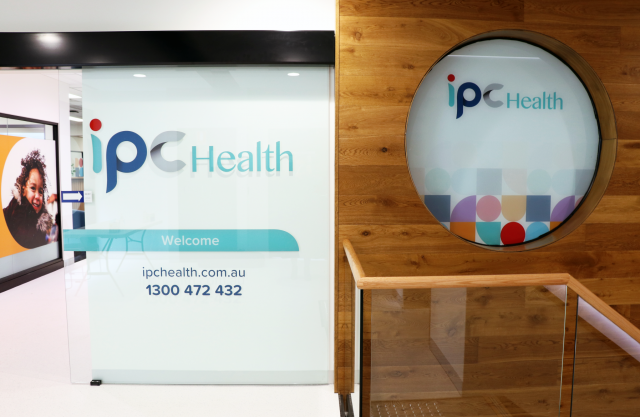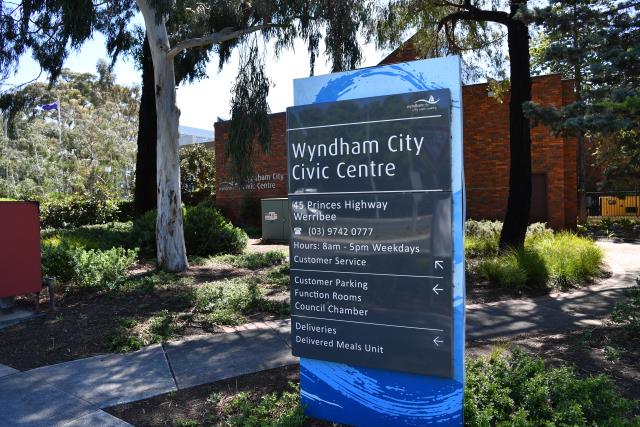Fewer Victorian women are opting to treat heavy periods with a hysterectomy, a new report has found.
The Australian Commission on Safety and Quality in Health Care’s Women’s Health Focus Report found there had been a 25 per cent decrease in hysterectomy rates in Victoria over the past eight years.
Across Melbourne’s north-west, the decline in hysterectomy rates varied. The Macedon Ranges recorded the largest decline (35.5 per cent), followed by Whittlesea-Wallan (28 per cent), Tullamarine-Broadmeadows (25 per cent), Melton (23 per cent), Hobsons Bay (22.4 per cent), Sunbury (20 per cent), Wyndham (16.6 per cent), Brimbank (12.6 per cent) and Keilor (6.1 per cent).
A hysterectomy is a major operation to remove the uterus and the most invasive treatment for heavy periods.
The commission said the decrease suggested women were opting for less invasive treatments to manage heavy periods.
The report found that over the past eight years, there has been a 10 per cent increase in the rate of a less invasive procedure – endometrial ablation (removal of the uterus lining using heat).
According to the report, one in four Australian women experience significantly heavy periods that seriously affects their quality of life.
About 50 per cent of women did not seek medical care despite the debilitating impact of heavy periods on daily life, which the report attributed to the stigma of menstruation and women assuming their bleeding was ’normal’.
The commission also developed the 2024 heavy menstrual bleeding clinical care standard to empower women to make informed choices about how they treat heavy menstrual bleeding.
Commission clinical director and GP, associate professor Liz Marles, said while the decline in hysterectomy rates and increase in endometrial ablation was positive, there was a long way to go to ensure women could access the full range of treatment options.
“Every woman should have access to care that is tailored to her needs. Yet we know that women’s concerns about heavy menstrual bleeding can be overlooked and it can be hard to access suitable care,“ she said.
“While some women may choose hysterectomy, we want to avoid them going straight to the most invasive procedure, without being offered less invasive and effective alternatives and information on the risks and benefits. Hysterectomy cannot be reversed and has increased risk of complications.“
Associate professor Marles said the commission was seeking three outcomes.
“Firstly, we want women to know they don’t have to put up with symptoms, to feel comfortable talking about their periods and to be aware that there are a range of treatments, which don’t necessarily involve a major operation,” she said.
“Let’s also upskill the healthcare workforce so women are offered the full suite of treatment options, and practitioners can deliver minimally invasive treatments if appropriate, such as the hormonal IUD.
“Finally, health practitioners need to ask women about their menstrual health and tailor care to individual needs, so they receive the most suitable treatment, which differs for each woman.
University of Sydney gynaecologist and Women’s Health Focus Report expert advisory group member, professor Kirsten Black, said the impact of heavy menstrual bleeding on a woman’s health and quality of life remains under-recognised.
“It has been great that we have seen a shift towards less invasive gynaecology procedures since the first heavy menstrual bleeding clinical care standard was introduced in 2017,” she said.
“We know that many women with heavy menstrual bleeding can be successfully managed by their GP or other primary care practitioner using medical treatments like the hormonal IUD.
“Healthcare providers need to understand their patient’s menstrual history and whether the bleeding prevents them from going about daily activities and interacting socially. Some women feel they can’t leave the house when they’ve got their period because of fear of excessive bleeding.
“For women with heavy menstrual bleeding, finding the right treatment has the potential to be life-changing.”

